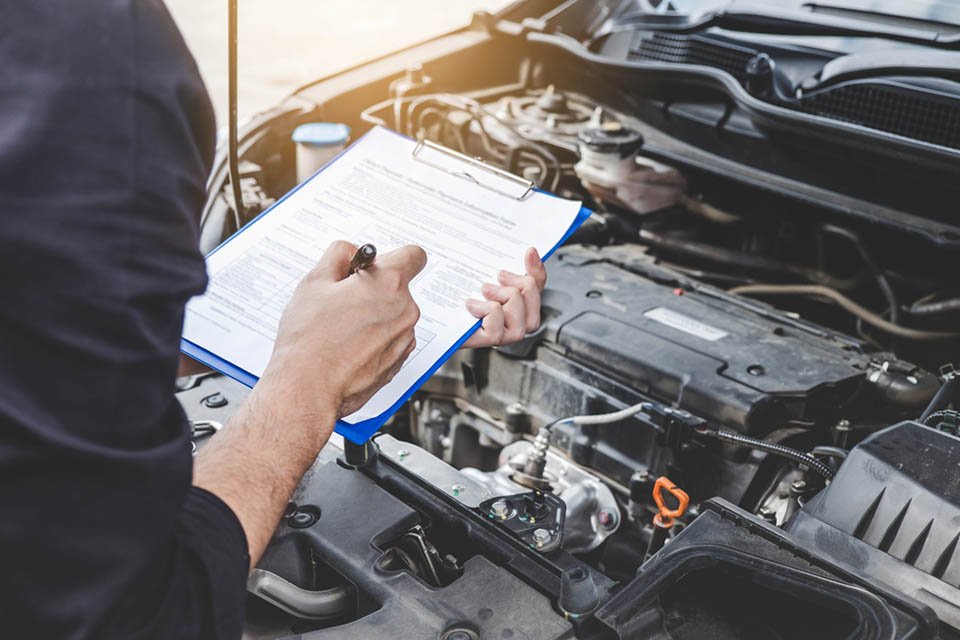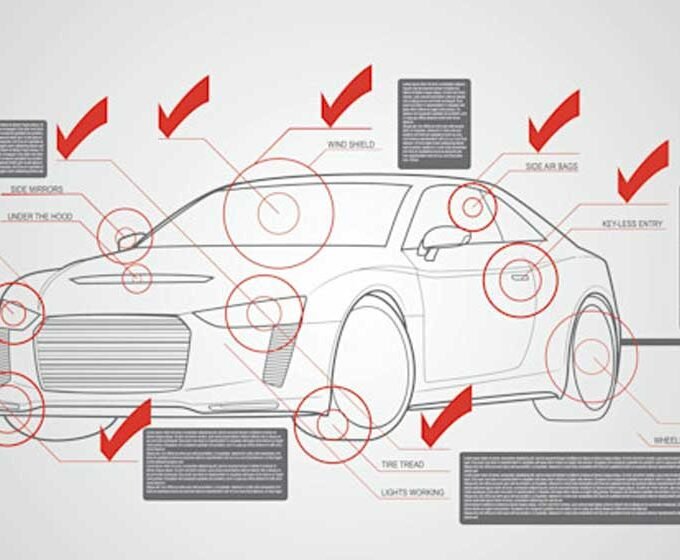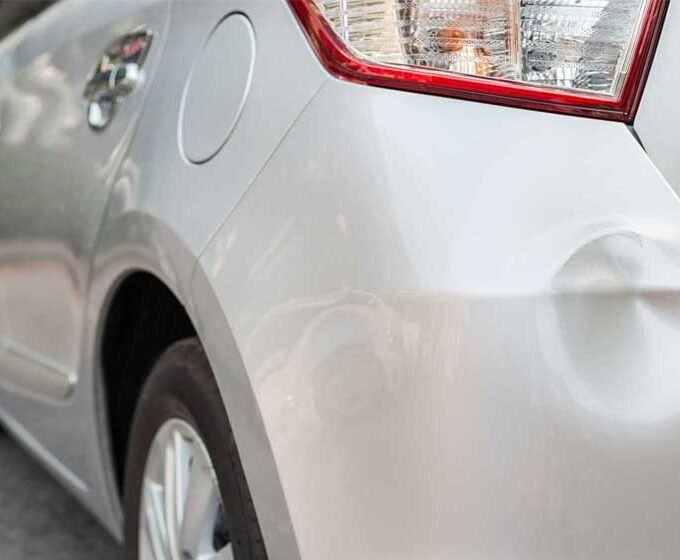Facing the reality of engine replacement can be a daunting challenge for any vehicle owner. The prospect of investing in a used car engine introduces a range of potential benefits and drawbacks that warrant careful consideration. While the allure of cost savings and environmental consciousness can be compelling, the uncertainty surrounding quality and potential hidden defects should not be underestimated.
In this comprehensive exploration of the topic, we delve deeper into the pros and cons of buying used car engines, equipping you with the insights needed to navigate this critical decision-making process effectively.
Pros of Buying Used Car Engines:
- Cost Savings: The most apparent advantage of opting for a used car engine is the considerable cost savings it offers. Brand-new engines often come with a hefty price tag, potentially surpassing the value of the vehicle itself. Choosing a used engine can significantly reduce your upfront expenditure while providing a functional and economical solution.
- Environmental Considerations: Purchasing a used car engine aligns with environmentally conscious practices. The manufacturing of new engines consumes substantial resources and energy, contributing to a significant carbon footprint. Opting for a pre-owned engine reduces the demand for new manufacturing, thereby minimizing the environmental impact associated with engine production.
- Availability of Rare or Discontinued Models: For vintage or rare vehicle models, sourcing new replacement engines can prove to be a formidable challenge, if not an outright impossibility. Opting for a used engine allows you to preserve the authenticity of your vehicle while ensuring it remains operational. This advantage is particularly appealing to collectors and enthusiasts who wish to keep their cherished vehicles on the road.
- Quick Replacement: In the realm of car repairs, timing is often of the essence. Used engines are generally more readily available than new ones, facilitating a quicker turnaround for your vehicle’s restoration. This expedited process reduces the downtime for your vehicle, ensuring you can return to your regular activities sooner.
- Compatibility: Reputable dealerships and specialized sellers have extensive knowledge about different engines and their compatibility with various vehicle makes and models. When purchasing a used engine from these sources, you can ensure a high level of compatibility with your specific vehicle. This expertise minimizes the risk of compatibility issues arising during installation.
Cons of Buying Used Car Engines:
- Uncertainty About Quality: The most significant concern when considering a used car engine is the uncertainty surrounding its quality and condition. Unlike new engines, it’s challenging to gauge the internal state of a used engine without a comprehensive inspection. Hidden issues might exist, potentially leading to performance problems down the road.
- Limited Warranty Coverage: While some reputable dealers offer limited warranty coverage for used engines, this coverage is often more restricted than what’s available for new engines. As a result, you might find yourself exposed to potential issues that arise after the warranty period, potentially resulting in unforeseen costs.
- Hidden Defects: Used car engines may carry hidden defects that are not immediately apparent. These defects can range from internal components that are near the end of their lifespan to mechanical issues that only manifest after a period of operation. These hidden defects can lead to unexpected breakdowns and repairs.
- Potential Repair Costs: While used engines are typically more affordable upfront, they might incur additional repair costs over time. Components within the used engine might have accumulated wear and tear, leading to maintenance expenses that offset the initial cost savings.
- Installation Complexity: The installation of a used car engine can be complex and requires technical expertise. Proper installation is crucial to the engine’s performance and longevity. An incorrect installation can lead to issues that compromise the engine’s efficiency and lifespan.
- Limited Performance Improvements: Opting for a used engine might limit your ability to enhance your vehicle’s performance significantly. If you’re seeking substantial performance improvements or upgrades, a new engine might be a more suitable choice.
Conclusion:
Making an Informed Decision
The decision to purchase a used car engine is a complex one, balancing the potential benefits against the inherent risks. The allure of cost savings and the chance to contribute to environmental conservation are balanced by concerns about quality, hidden defects, and potential repair costs. When navigating this decision, prioritize research, professional inspections, and warranty coverage.
These steps can help mitigate the disadvantages while maximizing the advantages of buying a used engine. Ultimately, a thorough understanding of the pros and cons empowers you to make a choice that optimizes your vehicle’s performance, longevity, and value while aligning with your financial constraints.
















